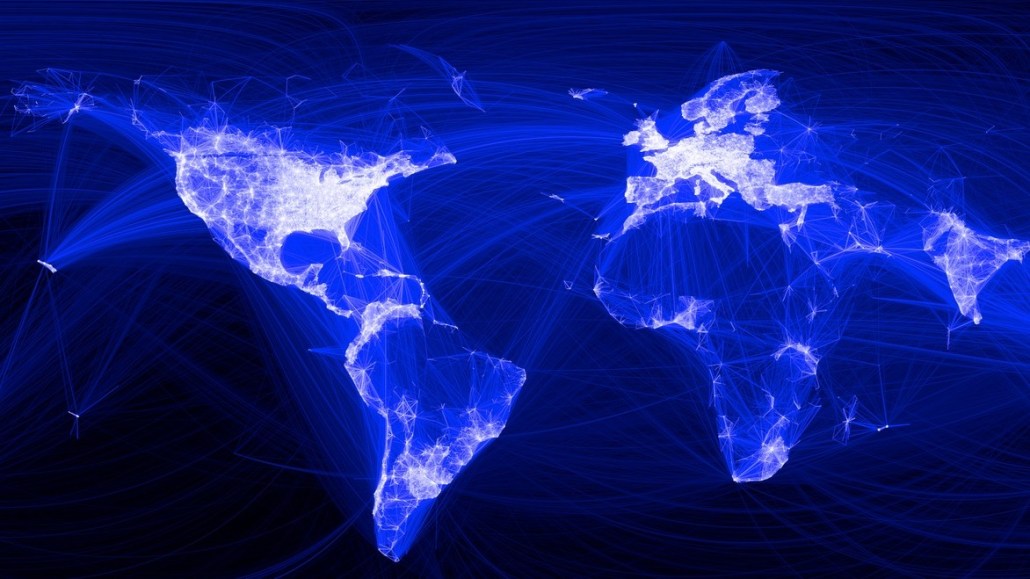Last chance to save on Digiday Publishing Summit passes is February 9

Today I read about a man who tweeted his encounter with an unruly passenger on a JetBlue flight. It was a pretty scary situation! In the meantime check out these links.
Everyone is taking their shots at Facebook now. The declining stock price has certainly brought out the haters. They seem to forget that, no matter what the valuation is, Facebook is an incredibly successful eight-year-old company. The counterargument to the critics is Facebook’s established such a foothold with nearly a billion users that it’s “invincible.” That might be a bit much. But it is a useful reminder that Facebook has plenty going for it, no matter what it’s stock is doing. (Forbes)
People are so attached to their mobile phones. A restaurant in Los Angeles is so fed up with it, that it is actually offering people money to stop using their phones while dining at the place. (Los Angeles Times)
All this talk around apps being dead isn’t true. There will always be the need for apps, especially from a utility standpoint. (USA Today)
Facebook trumps Yahoo as the second most-popular video site. That means that brands need to be figuring out a Facebook-specific video strategy that is more than just putting commercial spots on Facebook. (Mashable)
Men favor computers over television for entertainment. TV was once the belle of the marketing ball. But now consumer dependence on digital media and technology is changing the game, causing marketers to make a very important shift in how they market and what channels to place most emphasis on. (eMarketer)
More in Media

Brands invest in creators for reach as celebs fill the Big Game spots
The Super Bowl is no longer just about day-of posts or prime-time commercials, but the expanding creator ecosystem surrounding it.

WTF is the IAB’s AI Accountability for Publishers Act (and what happens next)?
The IAB introduced a draft bill to make AI companies pay for scraping publishers’ content. Here’s how it’ll differ from copyright law, and what comes next.

Media Briefing: A solid Q4 gives publishers breathing room as they build revenue beyond search
Q4 gave publishers a win — but as ad dollars return, AI-driven discovery shifts mean growth in 2026 will hinge on relevance, not reach.





